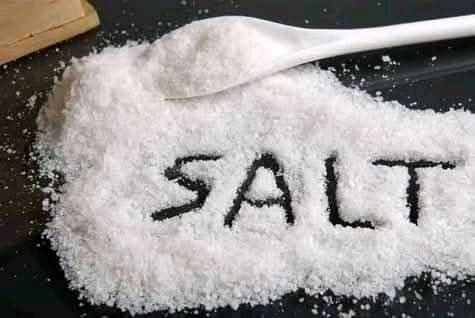In a recent report, health experts have sounded the alarm on the dangers of excessive salt consumption, citing its link to an increased risk of heart attacks and strokes. According to the experts, high sodium levels can cause damage to the cardiovascular system, leading to stiffened arteries and restricted blood flow, even before high blood pressure develops.
The warning comes as a result of recent discoveries that highlight the cumulative impact of excess sodium in the diet. Dr. Adeola Adeleye, a dietician at Ogun State General Hospital, notes that while high blood pressure remains a significant risk factor, it is not the only pathway through which salt can harm the body.
“Many people consume excessive amounts of salt without realising the subtle damage it does to the body,” Dr. Adeleye said. “This damage starts early and can quietly progress over time, leading to severe health consequences even for those without high blood pressure.”
Odunayo Babatunde, a registered nutritionist, corroborates this view, highlighting the negative effects of long-term salt consumption. “When people consume large amounts of salt over extended periods, significant negative effects occur,” Babatunde said. “Because the kidneys are less able to eliminate water due to the increased sodium content in the blood, the body’s blood vessels are under more strain from the increased blood volume.”
The experts stress the importance of reducing salt intake as a preventive measure against heart disease and stroke. They recommend making small changes in the diet, such as cutting back on processed foods and being mindful of sodium content in daily meals, to have a profound effect on long-term health.
As the world grapples with the challenges of cardiovascular disease, this latest warning serves as a timely reminder of the importance of a balanced diet and healthy lifestyle. By taking proactive steps to reduce salt intake, individuals can significantly lower their risk of heart attacks and strokes, and promote overall well-being.

